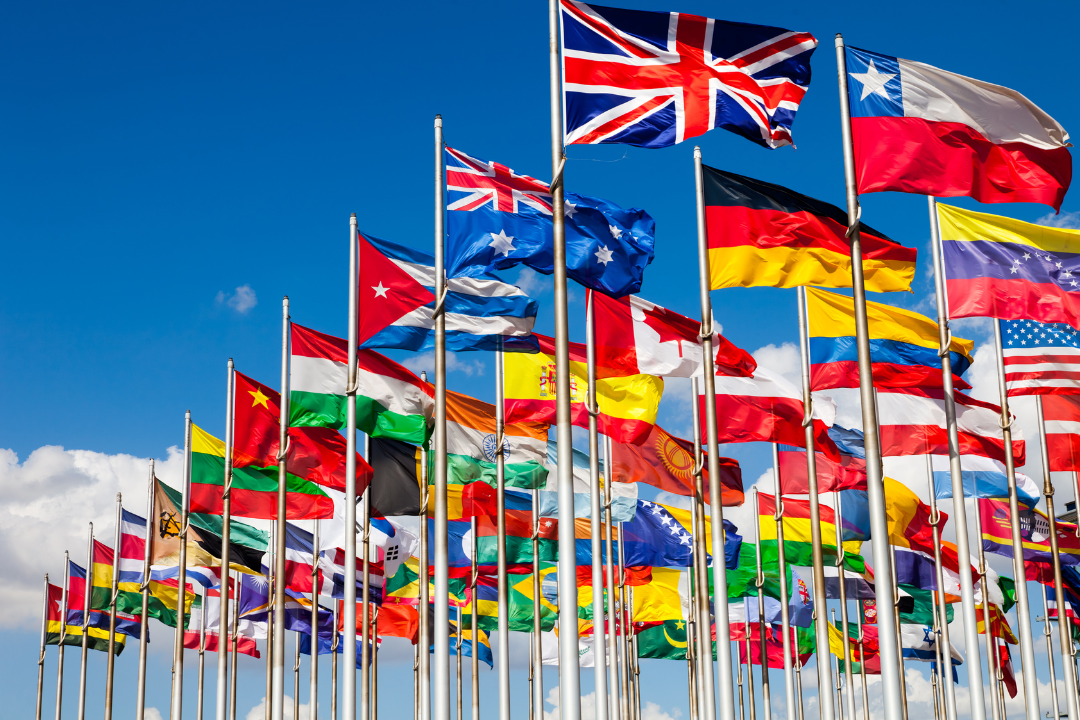
Modest Clean Coal Investment will Cut ASEAN Emissions: New Report
Christopher Demetriou
A new report by the ASEAN Centre for Energy (ACE), and the World Coal Association (WCA), has found that ASEAN countries will require approximately 234 GW of new coal capacity by 2040 to meet growing energy demand, but with modest investment in clean coal technologies there is capacity to significantly cut emissions.
Analysis compiled in the just-released report, Clean Coal Technology in ASEAN, indicates that investment of USD$8.7 billion would incentivise the coal industry to deploy ultra-supercritical technologies such as High Efficiency Low Emissions (HELE), Carbon Capture Utilisation and Storage (CCUS) and Pollution Control Technology.
This investment would reduce CO2 emissions by 500 million tonnes cumulatively by 2040, equivalent to approximately 25 million tonnes of CO2 per year.
ACE CEO, Dr Nuki Agya Utama, says since coal will continue to play a crucial role in providing reliable and affordable energy in the ASEAN region well into the future, this report offers comprehensive qualitative and quantitative support for the accelerated development of clean coal technologies. (CCT) in the Association of Southeast Asian Nations (ASEAN) region.
The report provides a comprehensive analysis of the energy security and sustainable development opportunities which clean coal technologies can facilitate in the transition towards sustainable and lower emission development.â€
WCA CEO, Michelle Manook, says the Report validates the need for industry, governments, and the international finance and investment communities to coalesce around the creation of dedicated and diverse financial support for clean coal projects.
Given ASEANs continued reliance on coal, and the wealth of independent climate science which confirms its ongoing role, the time has come to lay the groundwork for a clean coal future. Clean coal technology is proven, available and essential to delivering Paris climate change targets.â€
The Report identifies nascent clean coal development in the region which suggests that CCUS will become an integral part of decarbonisation. This includes:
- Singapores plan to draw on increased international collaboration to develop CCUS (outlined in its recently published Long-Term Low-Emissions Development Strategy).
- Japans proposed Asia CCUS Network which will provide opportunities for knowledge exchange, experience sharing, and capacity building.
- Indonesias development of the Gundih CCS pilot project, and a new proposal for COâ‚‚-enhanced oil and gas recovery.
- Malaysias high-level participation in capacity development, storage assessments and legal and regulatory workshops.

Become a part of the Global Alliance
Join us in being part of a new generation of Leaders who are committed to building a sustainable future for coal.


